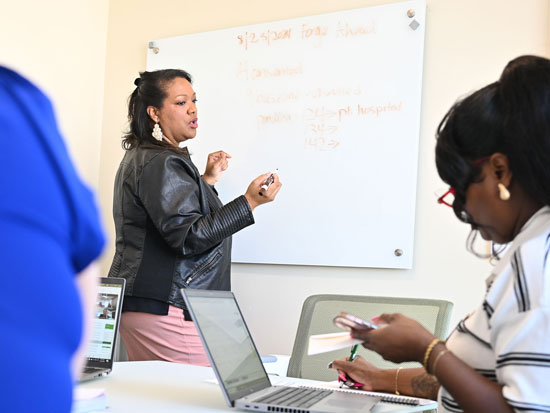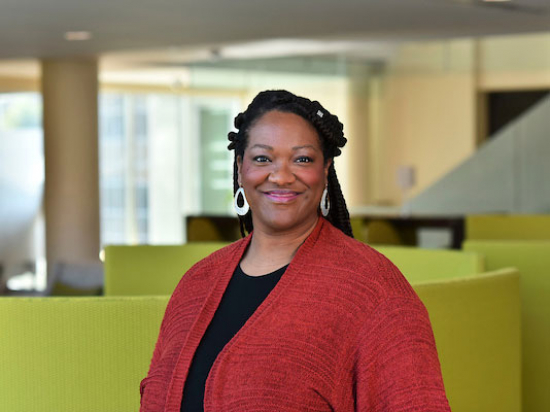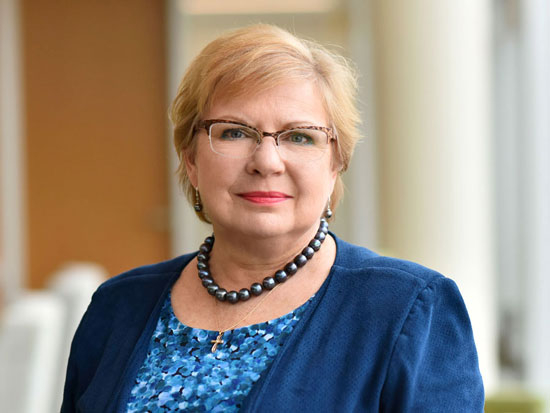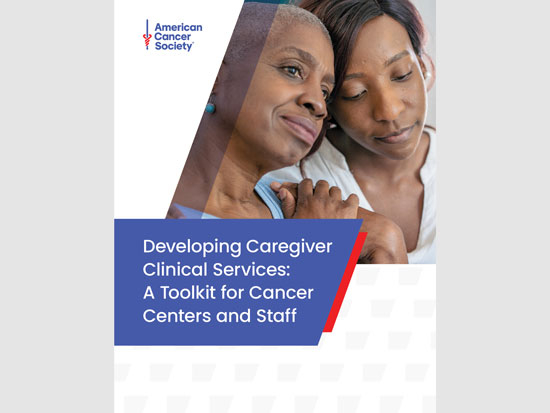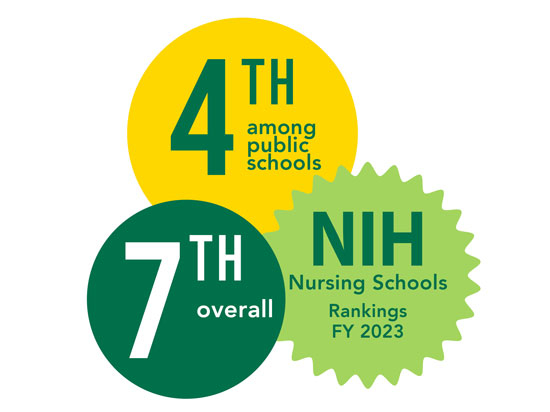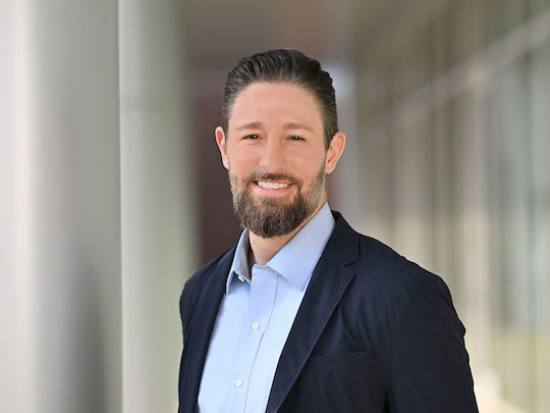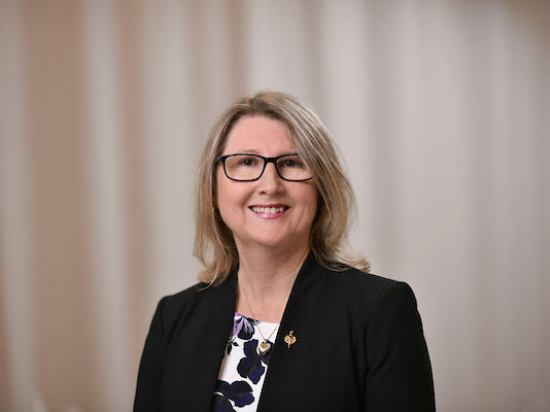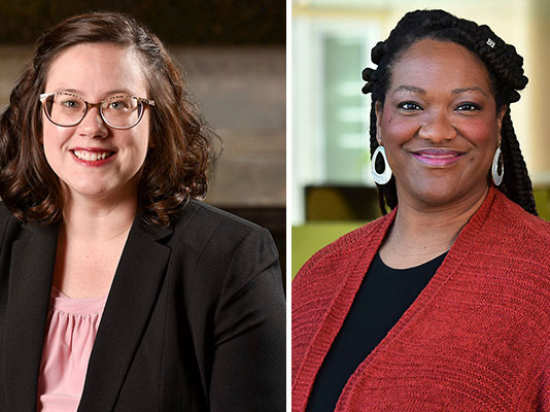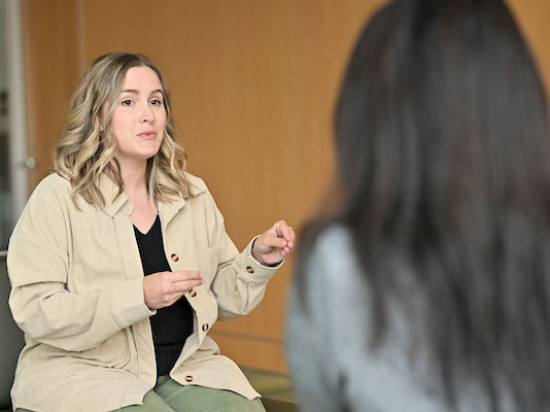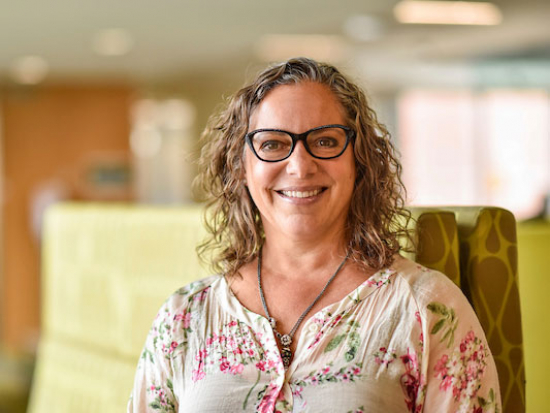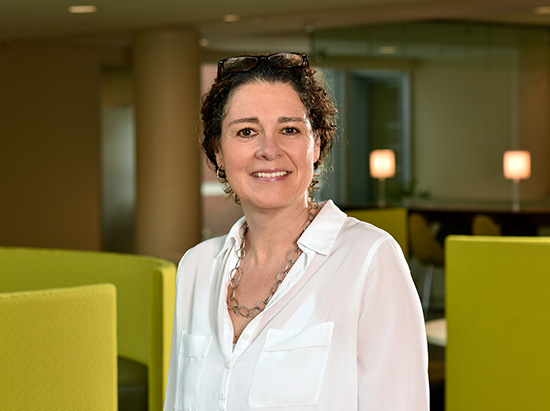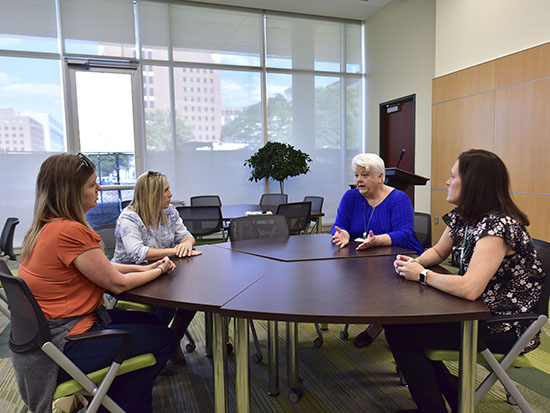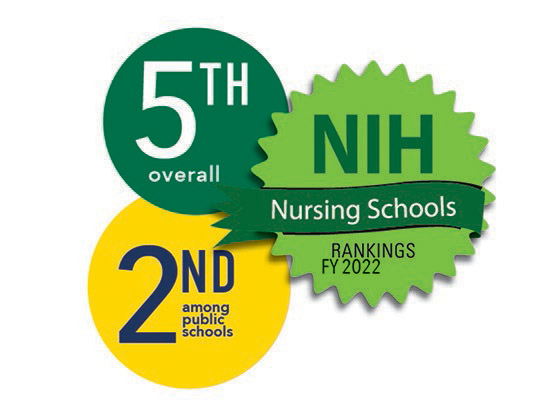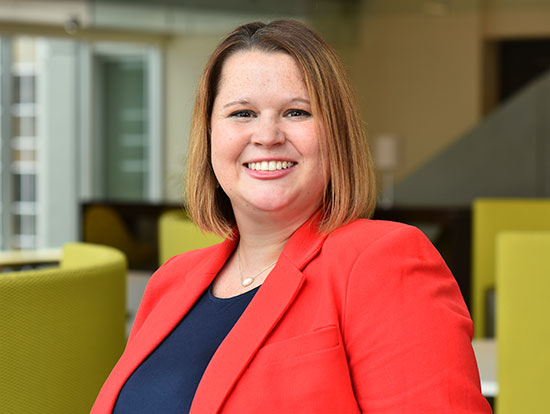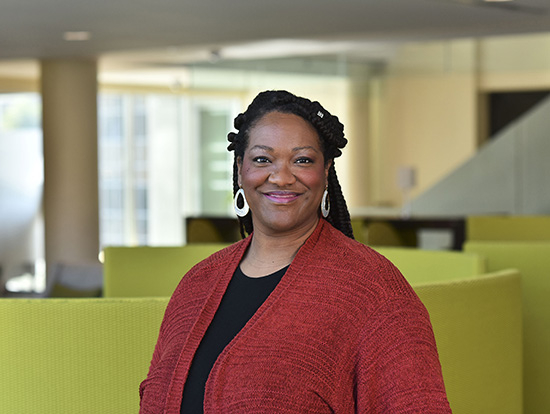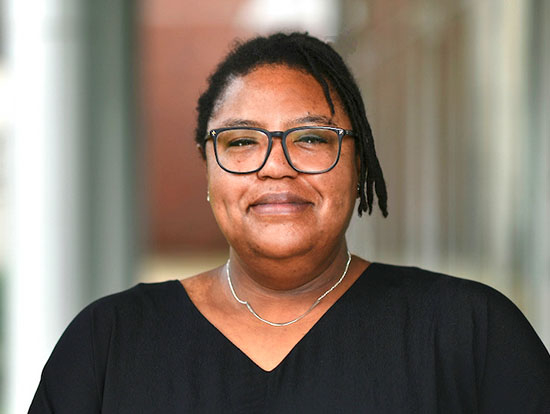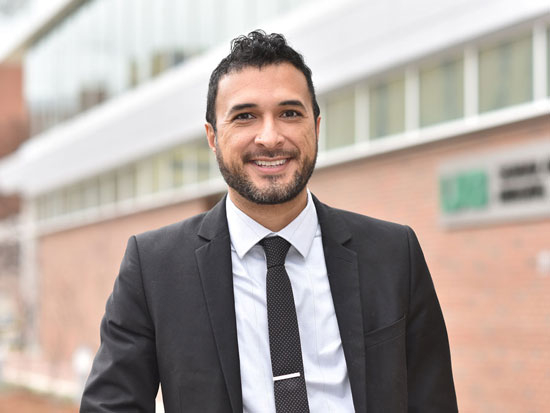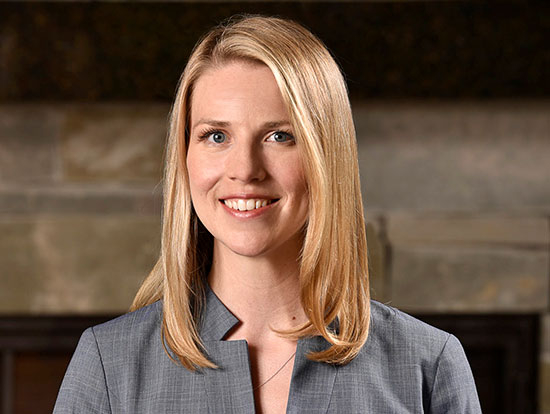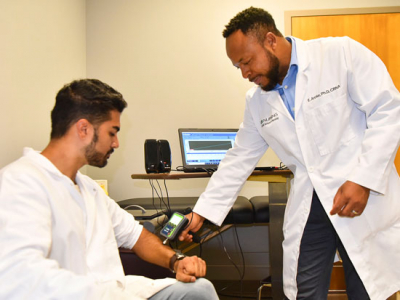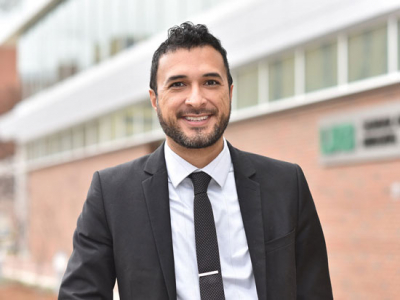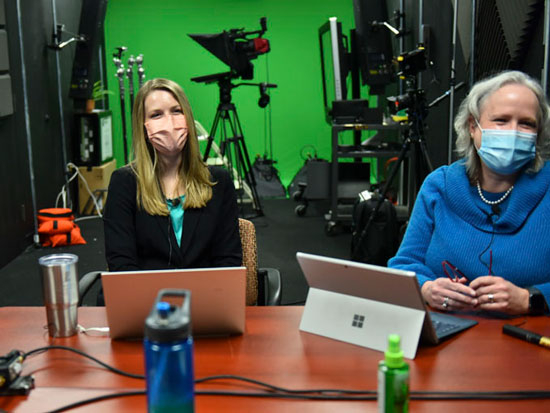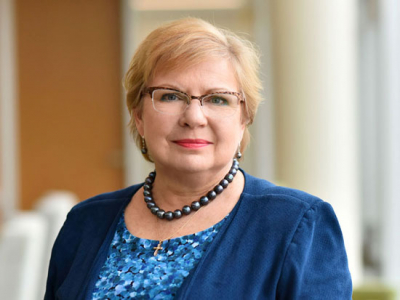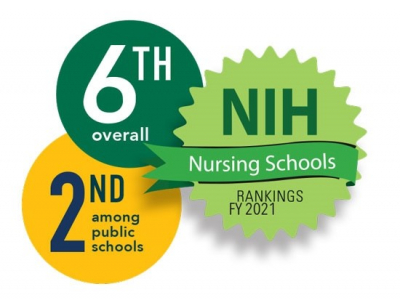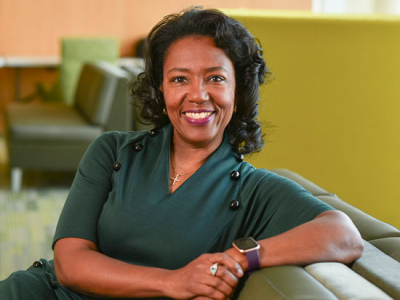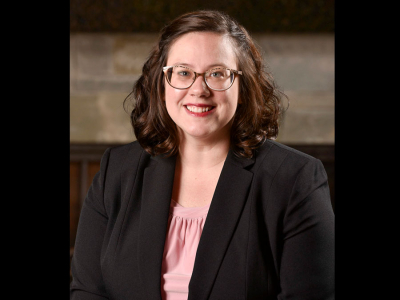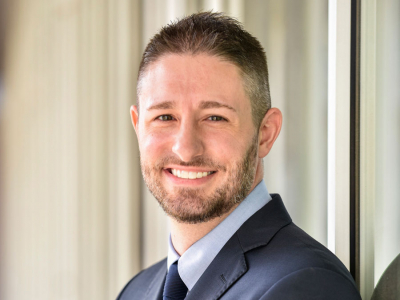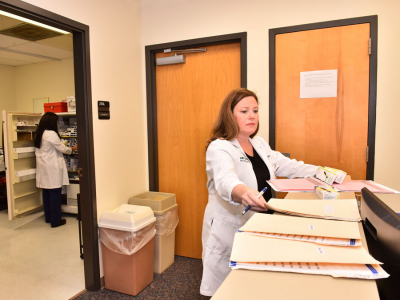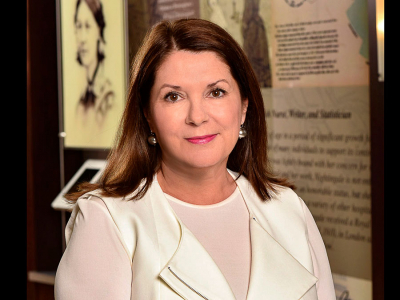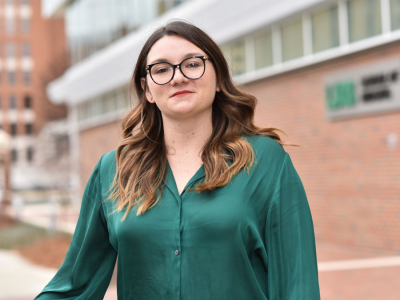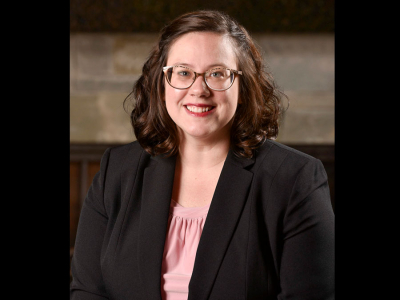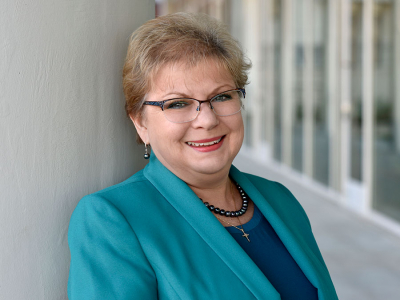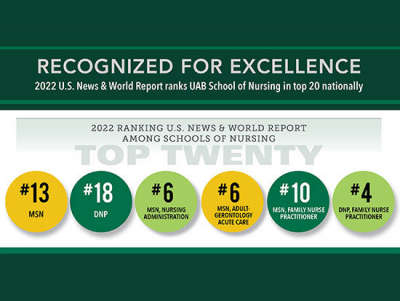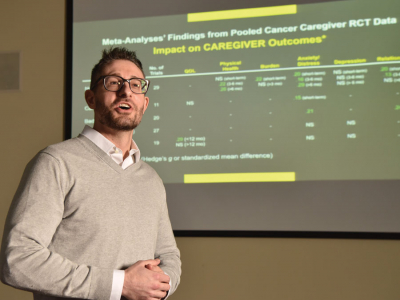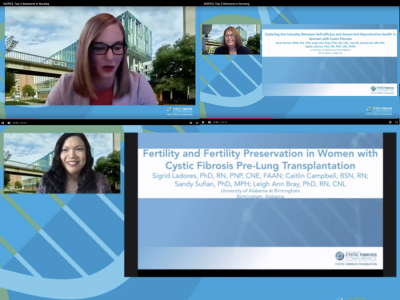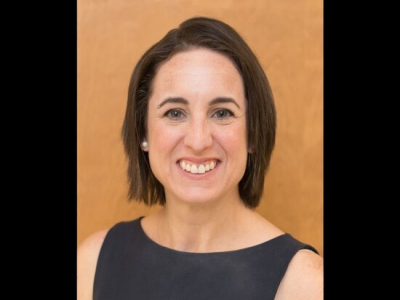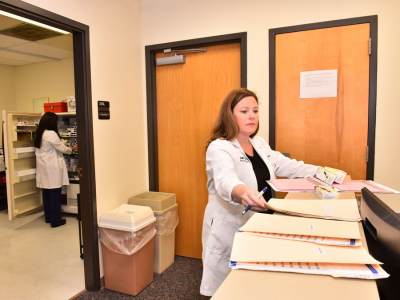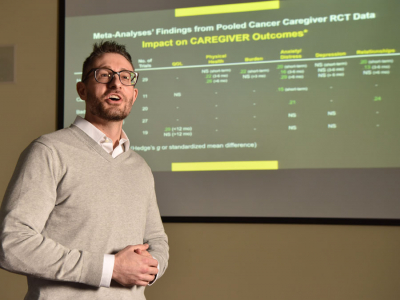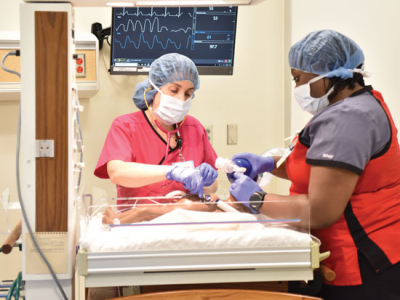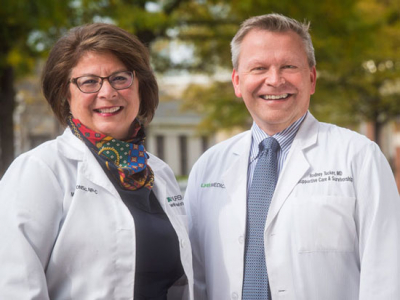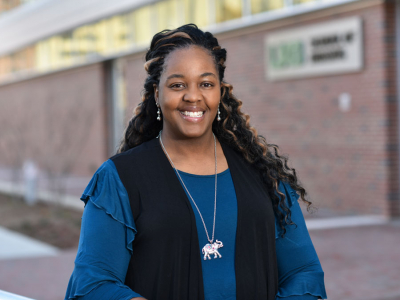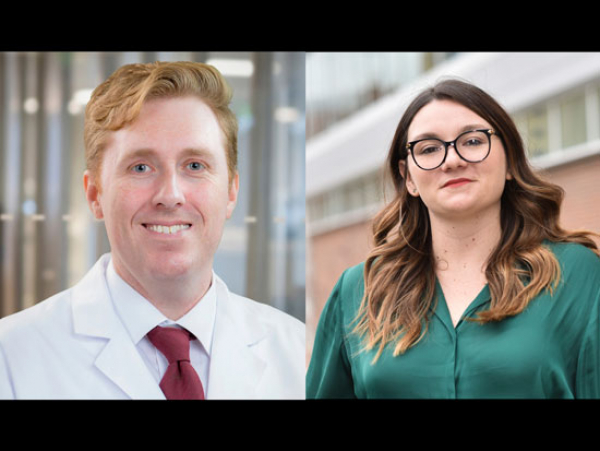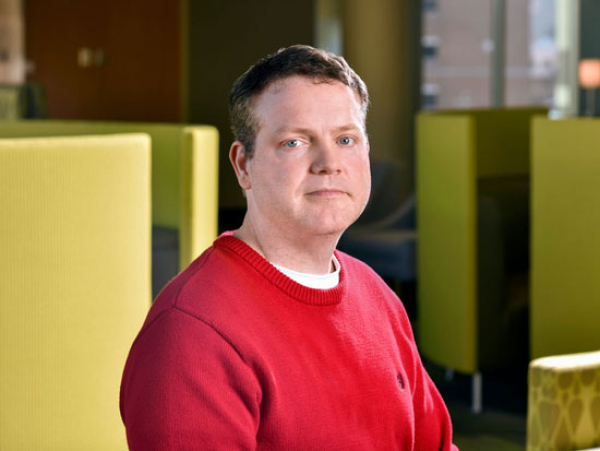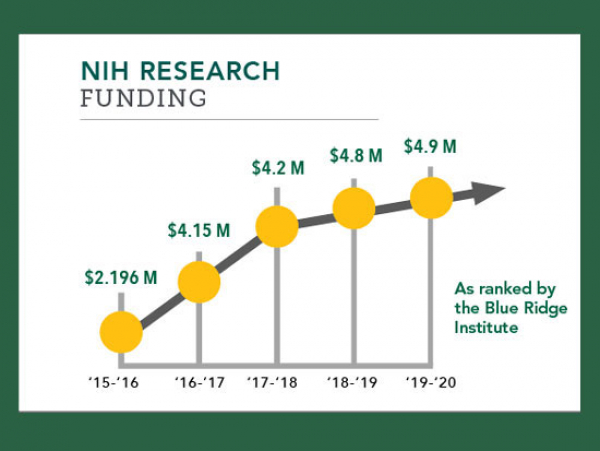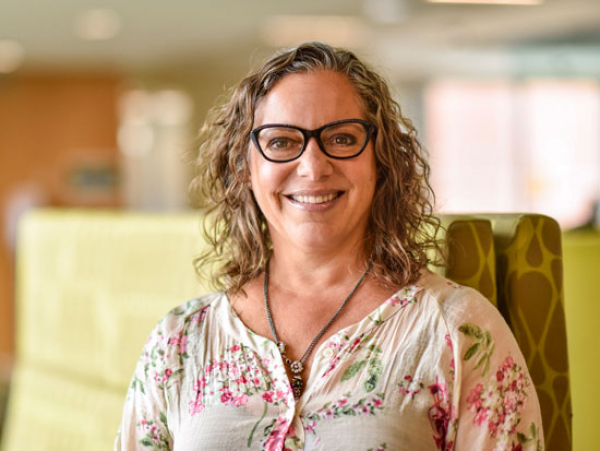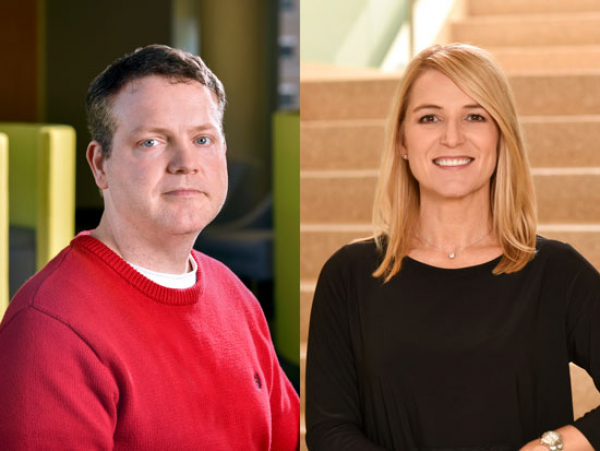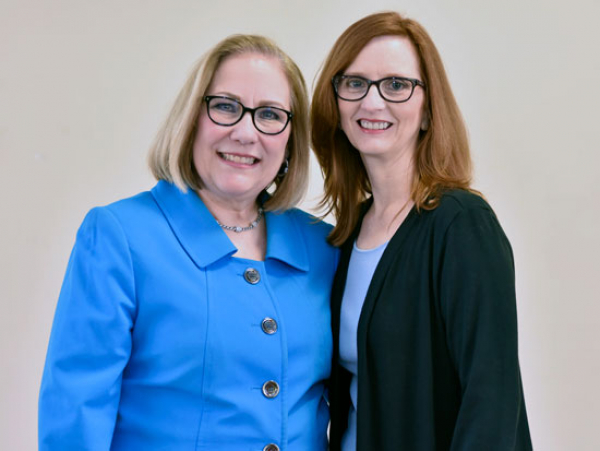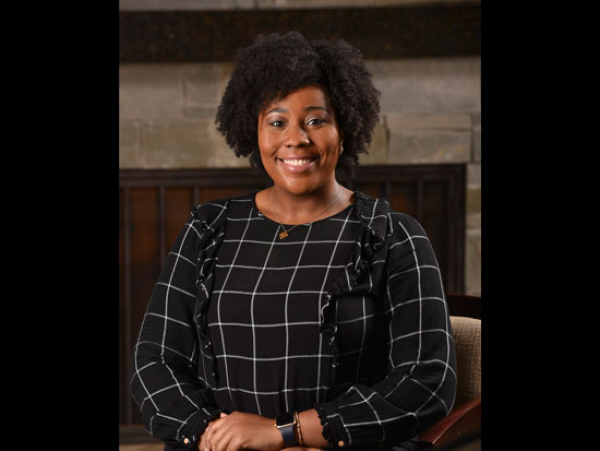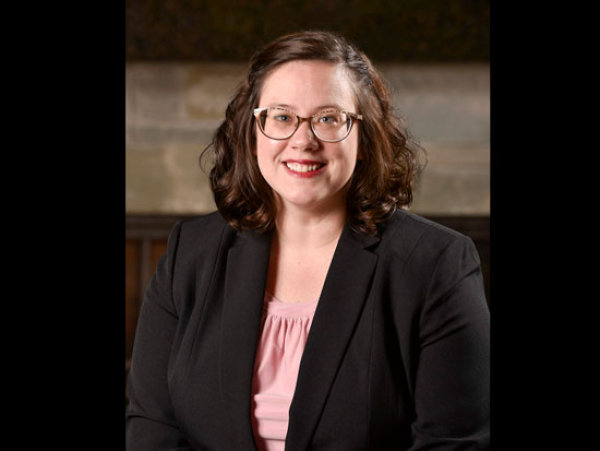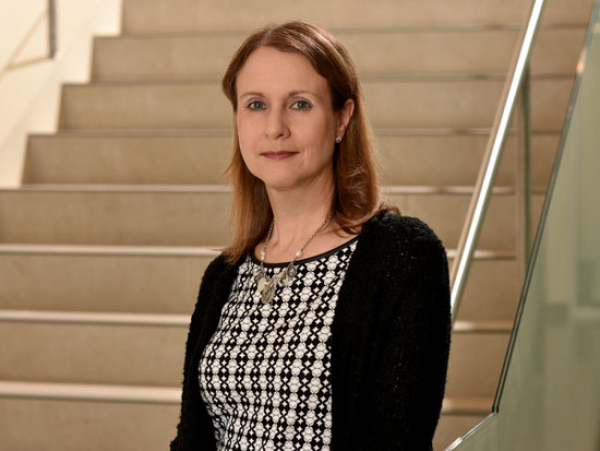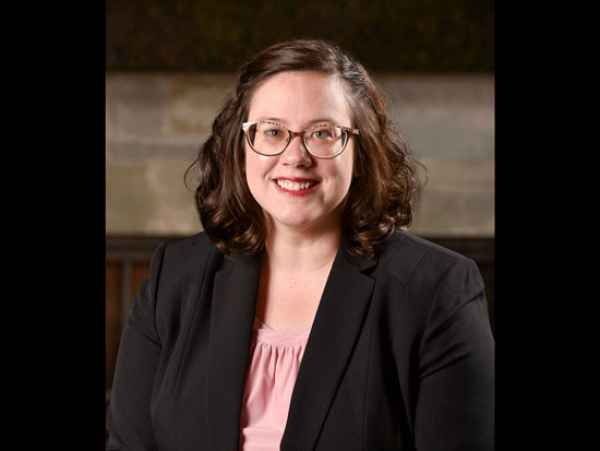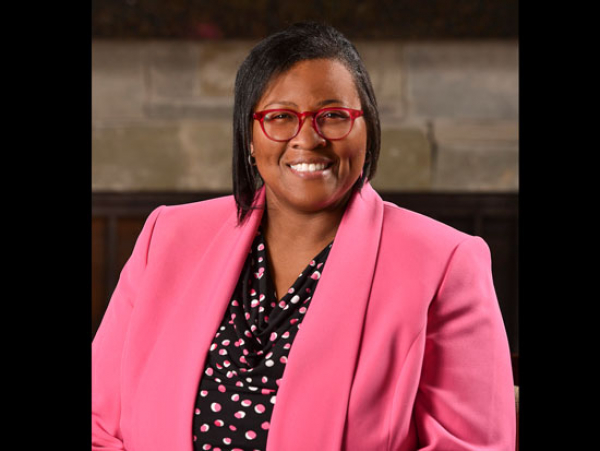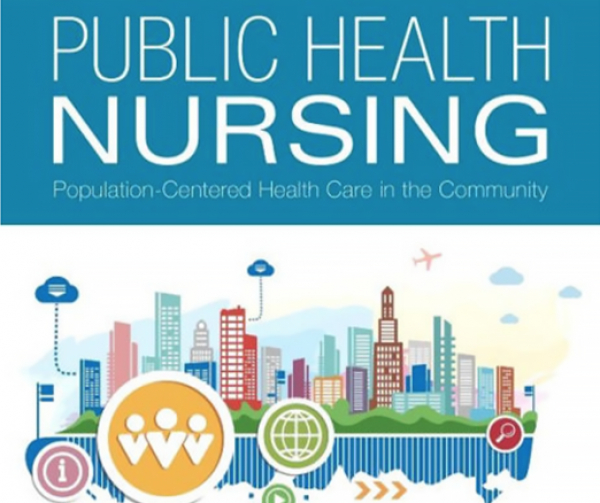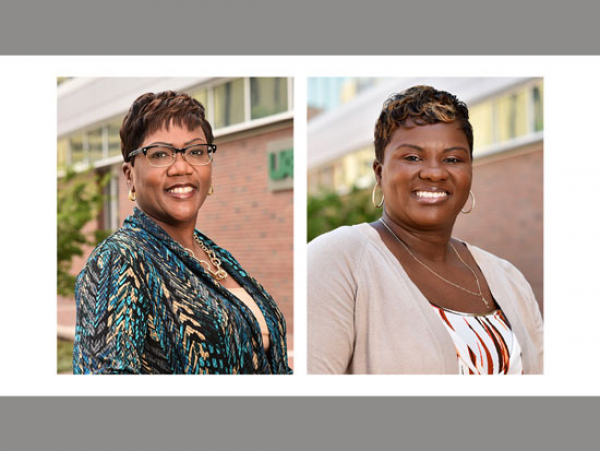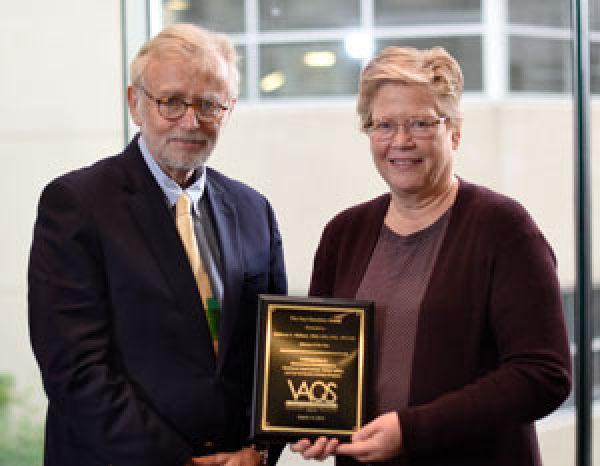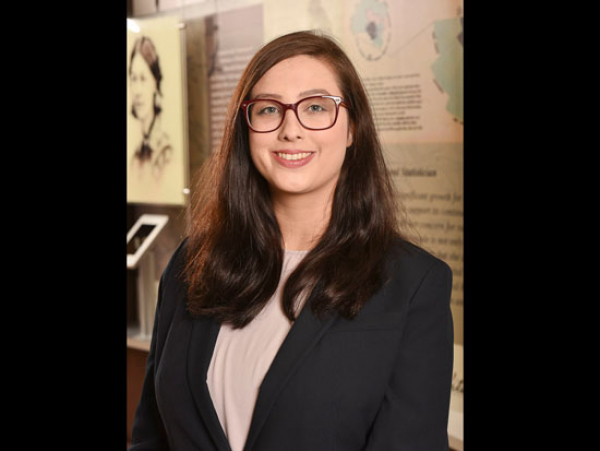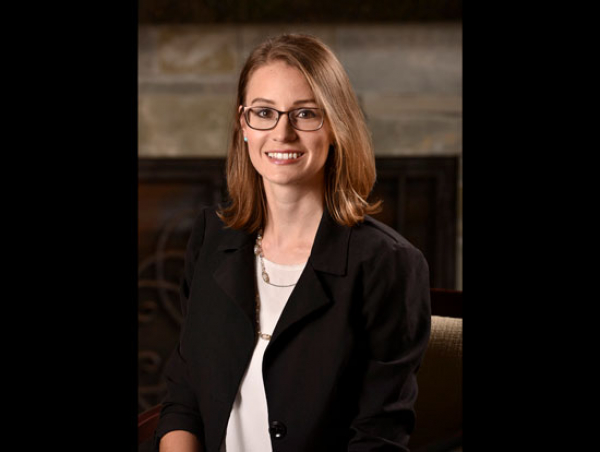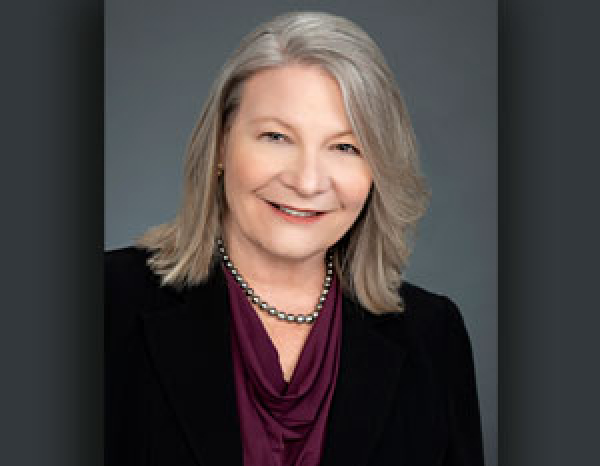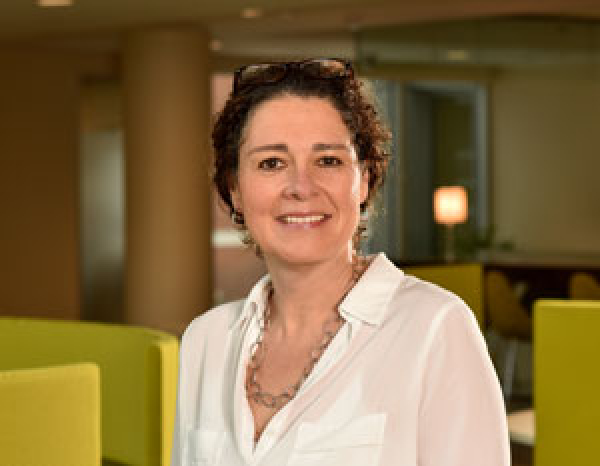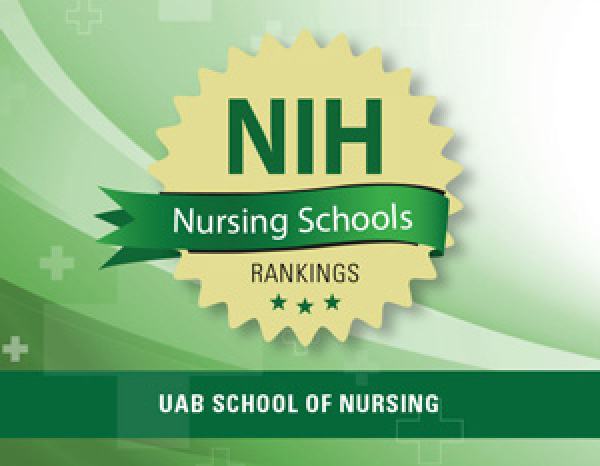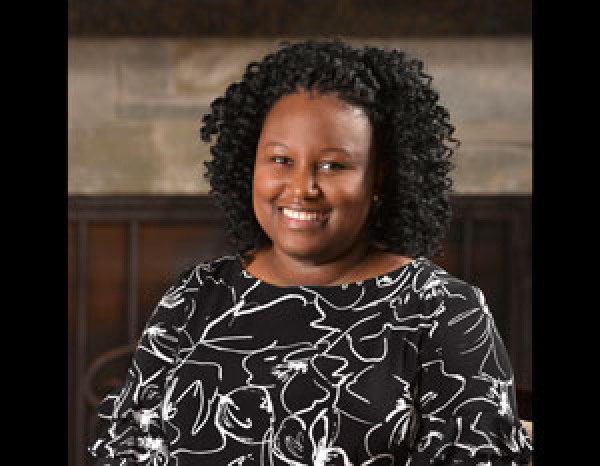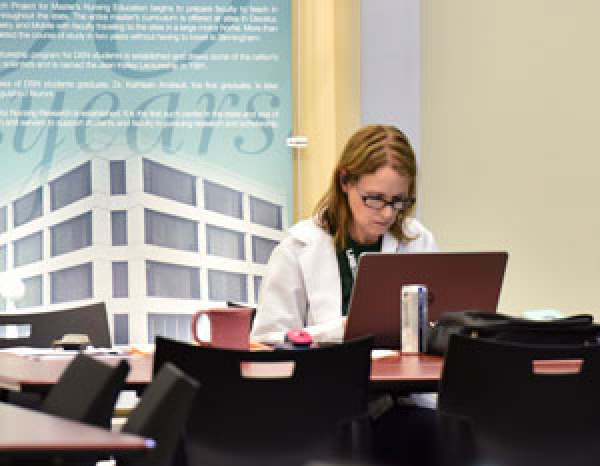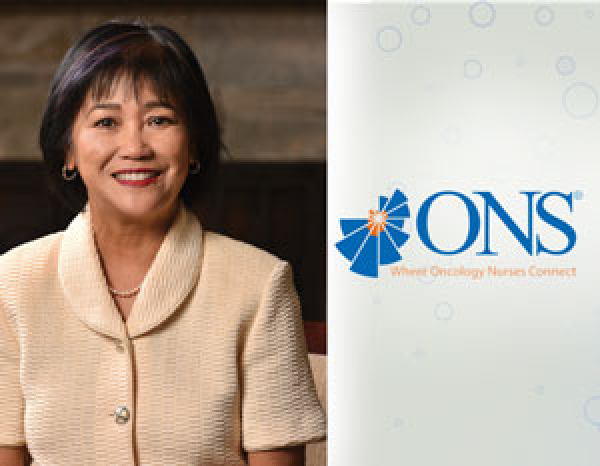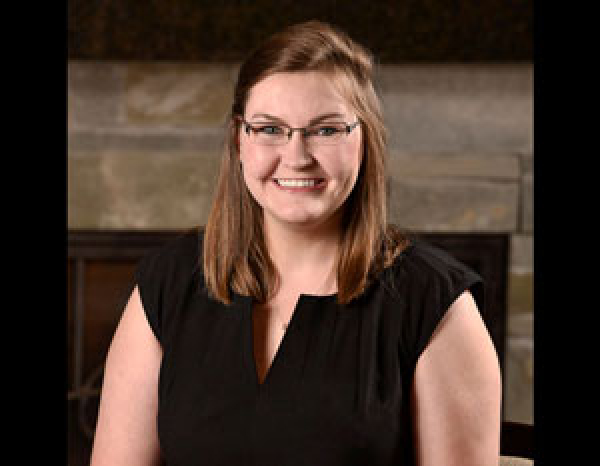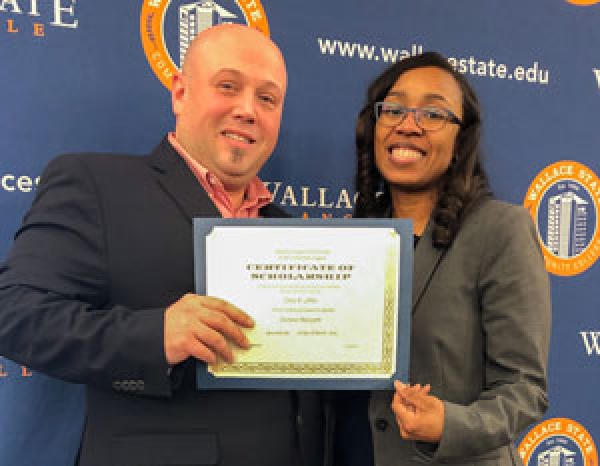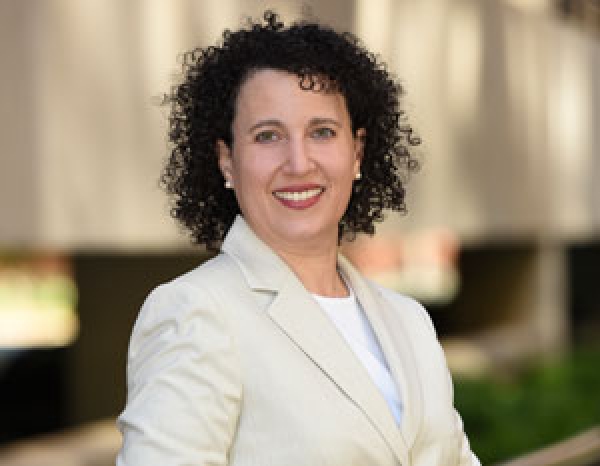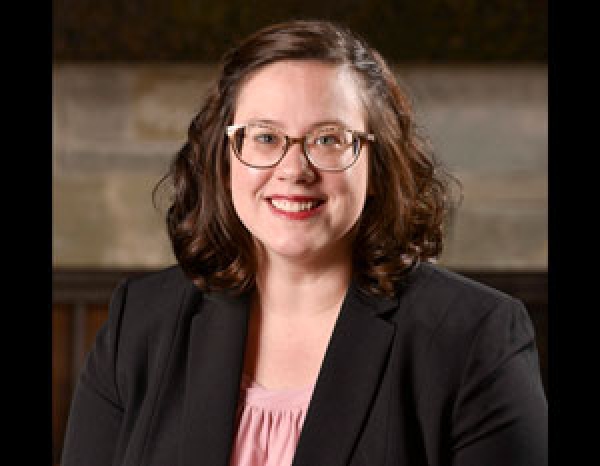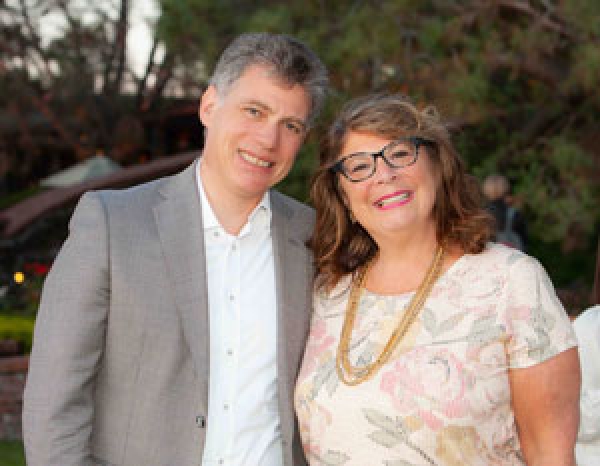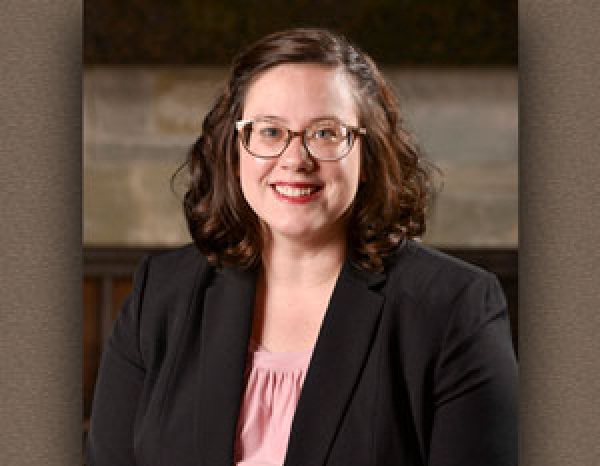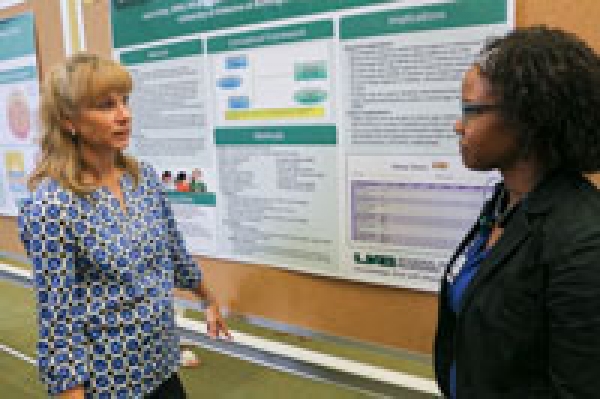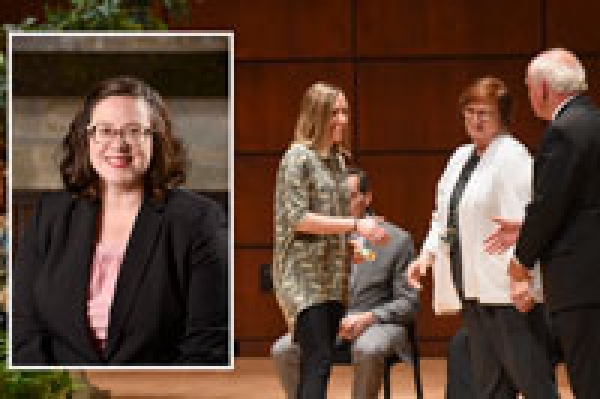 The University of Alabama at Birmingham School of Nursing, an internationally recognized leader in nursing research and scholarship, has again increased its research funding and maintained a spot in the Top 15 in National Institutes of Health (NIH) funding rankings for U.S. Schools of Nursing, as published by the Blue Ridge Institute for Medical Research.
The University of Alabama at Birmingham School of Nursing, an internationally recognized leader in nursing research and scholarship, has again increased its research funding and maintained a spot in the Top 15 in National Institutes of Health (NIH) funding rankings for U.S. Schools of Nursing, as published by the Blue Ridge Institute for Medical Research.
For the second year in a row, UAB School of Nursing ranks No. 14, with $4.26 million in NIH research funding for fiscal year 2018. In 2017, the School received $4.1 million in funding, increasing its rank from 23rd in 2016 and 34th in 2015. The UAB School of Nursing has an annual total of nearly $12 million in current research, clinical, education and training grants.
Interim Associate Dean for Research and Scholarship David Vance, PhD, MGS, MS, said the School’s ranking is a representation of the dedication of its leadership to research and scholarship, and providing nurse scientists the tools necessary for success.
“Research is invaluable in health care and nursing. Without research, we cannot move the health care of our nation and the world forward. At the UAB School of Nursing, we have grown a core of funded, nationally and internationally renowned nurse scientists who, in addition to their programs of research, have served as mentors for other faculty and PhD students who are now seeing NIH and other funding success. These mentors have provided networking opportunities, guidance in a changing funding landscape and other help that has enabled junior faculty and new PhDs to see success sooner,” Vance said. “In addition, our School is fostering the development of the next generation of nurse scientists by immersing students in our bachelor’s and master’s programs into research experiences as often as we can.”
In fiscal year 2018, five faculty members received continued NIH funding for ongoing studies, including $2.3 million in additional funding for the UAB Women’s Interagency HIV Study (WIHS). UAB School of Nursing Professor Mirijam-Colette Kempf, PhD, MPH, became primary principal investigator of the WIHS UAB/Jackson, Mississippi study site in 2017. The funding allows the study to continue finding ways to positively impact health care for women living with HIV in the Deep South and nationwide.
Assistant Professor J. Nicholas Dionne-Odom, PhD, MA, RN, ACHPN, also received a K99/R00 grant for a study on a palliative care intervention for rural family caregivers. The project will evaluate a newly tailored family caregiver intervention program aimed at improving caregiver outcomes, such as quality of life, burden and mood.
The School also has two R01s led by Vance and Marie L. O’Koren Endowed Chair and Professor Marie Bakitas, DNSc, CRNP, NP-C, AOCN, ACHPN, FAAN.Fiscal year 2018 is the fifth year of continued funding for Bakitas’ project. Her research compares the efficacy of a heart failure palliative care model, which was adapted from Bakitas’ successful ENABLE palliative care model for cancer. Vance’s R01 is a five-year, $2.96 million grant that focuses on enhancing cognitive functioning of older HIV patients by examining the dosage level of speed of process training. Vance also has a two-year, $404,250 R21 grant to develop cognitive training interventions to improve quality of life for those with HIV-Associated Neurocognitive Disorder.
Assistant Professor, Pariya Wheeler, PhD, is also researching cognitive health in older adults with HIV through a K99/R00 grant. Wheeler’s work builds on Vance’s five-year project by examining successful cognitive aging to determine potential intervention strategies that can help older adults with HIV maintain their cognitive health.
In 2017, the School reached its strategic goals to rank in the top 20 in NIH research funding by 2020 — and Vance said the School is now poised to go even further.
“The UAB School of Nursing’s first goal is to continue this momentum and reach the top 10 of NIH funded schools of nursing. We also hope to develop a P-20 or P-30 grant, which will create a research center that funds mutual research goals in the School,” Vance said. “As Interim Associate Dean for Research and Scholarship, I envision our separate research topics and methodologies cross-pollinating and creating new research vectors that will support our faculty to reach their research goals a little faster, thus supporting the School and the science to advance.”
“Continued dedication to interdisciplinary collaborations and fostering innovations have been key to the School growing and sustaining its research portfolio,” said UAB School of Nursing Dean and Fay B. Ireland Endowed Chair in Nursing, Doreen C. Harper, PhD, RN, FAAN.
“The diversity of disciplines on our faculty has led to fruitful research collaborations within the School and across campus with UAB Medicine, University-Wide Interdisciplinary Centers and other health sciences,” Harper added. “Collaboration and innovation are core values within the School of Nursing and the University, and cross-discipline collaboration develops innovative ideas and transformational research opportunities that impact not only nursing and other health care professions, but also the patients we all serve.”
In addition to research support through NIH funding, the School supports work across all of its missions — teaching, research and service — through $7.1 million in grants from sources other than the NIH. This includes the U.S. Department of Health and Human Services, Health Resources and Services Administration (HRSA) education and training grants, as well as other foundation, federal and state grants. These grants are preparing students in the School’s nationally ranked graduate programs for careers as advanced practice nurses, nurse educators and nurse scientists.
“Our faculty continue to leverage competitive foundation grants, intermural grants and grants from the military, Health Services Research and Veterans Affairs. These steps build upon the foundation of scholarship at UAB School of Nursing and continue to elevate the efforts of the late Dr. Karen Meneses,” Harper said. “Maintaining our Top 15 ranking of NIH funded schools of nursing is an important step, and the next step is to continue to nurture early career nurse scientists and grow our interprofessional scientific endeavors.”

